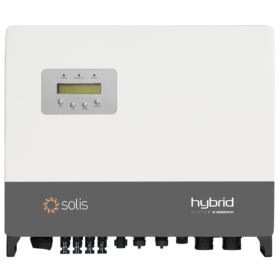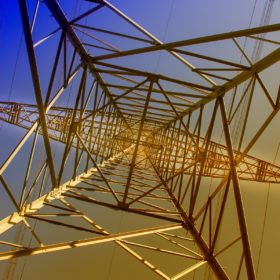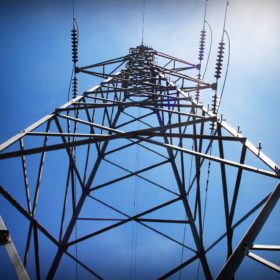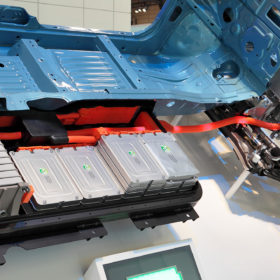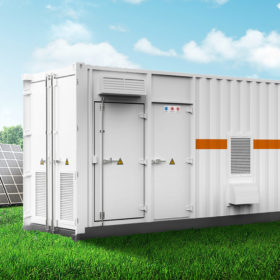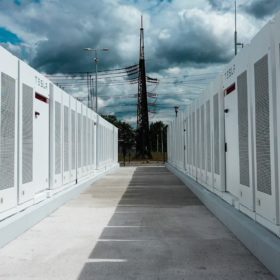Supply chain concerns will drive EV battery recycling policies
With electric vehicles starting to gain traction, the International Energy Agency’s updated, ten-year e-mobility forecast has suggested geopolitical and economic concerns will trump environmental niceties when it comes to encouraging recycling. But what price ever-cheaper batteries?
New residential battery inverter from Ginlong
The Chinese manufacturer has unveiled a hybrid product with a power range of 6.5-13 kW. The device has a maximum efficiency of 98.4%, according to Ginlong, and battery charging/discharging efficiency of 97.5%.
Historic-low interest rates will power ahead astonishing solar cost reductions
An Ieefa report has suggested the cost of generating electricity from solar will be near zero in the world’s sunniest regions by 2030-40 – despite what the naysayers at the International Energy Agency might think.
Announcement of solar grid caps in China could mark fightback by network operators
After managing to bear down on costs enough to compete with coal-fired generation, it appears solar developers in China now face a new hurdle to overcome – resistance from grid companies.
Software developer claims its platform can unlock a distributed generation world
U.K.-based Power Transition today launched a crowdfunding exercise to raise the £300,000 it says it needs to scale up its blockchain-based, peer-to-peer energy trading platform beyond a 47-home demonstration project.
Renewables can avoid crippling LNG and coal subsidy bill for Bangladesh
U.S. thinktank the Institute for Energy Economics and Financial Analysis says the nation should reorder its power network to harness cheap, modular renewables after existing power station overcapacity was worsened by plunging electricity demand during the Covid-19 shutdown.
Used EV batteries for large scale solar energy storage
MIT scientists have suggested used electric vehicle batteries could offer a more viable business case than purpose-built systems for the storage of grid scale solar power in California. Such ‘second life’ EV batteries, may cost only 60% of their original purchase price to deploy and can be effectively aggregated for industrial scale storage even if they have declined to 80% of their original capacity.
Chinese 202 MW/MWh solar-plus-storage project
Inverter maker Sungrow is supplying the inverters and storage system for China’s largest, 202.8 MW/MWh solar-plus-storage facility. The plant will be connected to a new, 800 kV ultra-high voltage power line.
The challenges and tricks of tacking on battery storage to solar projects
Specialist Alencon Systems teamed up with U.S. utility Duke Energy to look at some of the challenges faced by energy companies when adding battery storage to operational solar installations. Do you go for DC-coupled or AC-coupled? And with what sort of grounding scheme?
Storing wind and solar with new gravity-based system
Scottish start-up Gravitricity is planning a project to store surplus power from renewables at Port of Leith. A 250 kW, grid-connected prototype facility will have its ability to stabilize the network tested. The system involves a 16m rig over a 150-1500m shaft.

